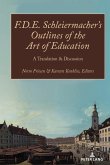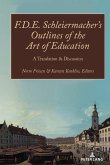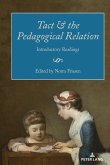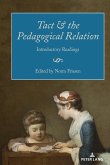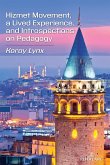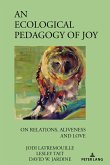Paul Feyerabend was one of the most influential forces that changed the intellectual world in the second half of the 20th century. Based on his intimate knowledge of the history and of the contemporary state of the sciences, his background in philosophy, and his genuine interest in the arts, Feyerabend never missed an opportunity to challenge prevalent views on the sciences and philosophy. Feyerabend's broad interest in cultural affairs included, of course, questions of education, of the ways people are educated (or: indoctrinated) into scientific beliefs and worldviews. He always was appalled by the ways in which sciences and philosophy are taught as truths and as facts rather than as imperfect, questionable theories or, even better, as practices of searching and philosophizing. His reflections touch on a wide range of pedagogical issues, from questions around the shape of educational theories or the role the sciences play or should play in education to the discussion aroundeducational aims and methods. He proposed a unique and very much enlightening approach that relates him closely to Continental European discussions around Bildung in its broadest sense.
This volume explores some of the different educational perspectives to which Feyerabend's thoughts make a highly original and creative contribution. In each section, different scholars from across the globe who are experts in the relevant fields of educational debates will present and discuss the way in which Feyerabend challenges prevalent and enriches future pedagogical discussions.
This volume explores some of the different educational perspectives to which Feyerabend's thoughts make a highly original and creative contribution. In each section, different scholars from across the globe who are experts in the relevant fields of educational debates will present and discuss the way in which Feyerabend challenges prevalent and enriches future pedagogical discussions.



